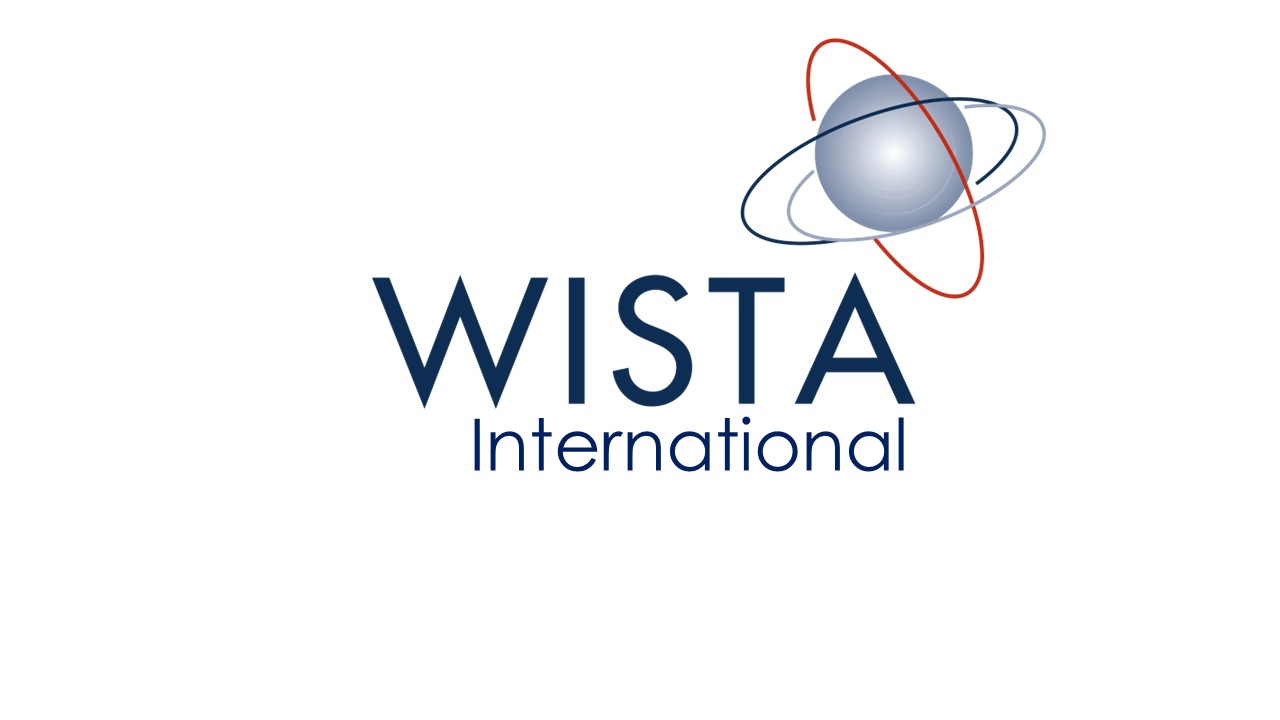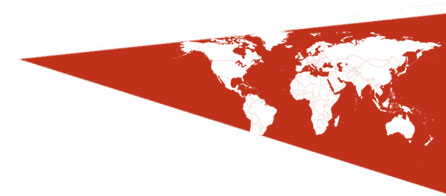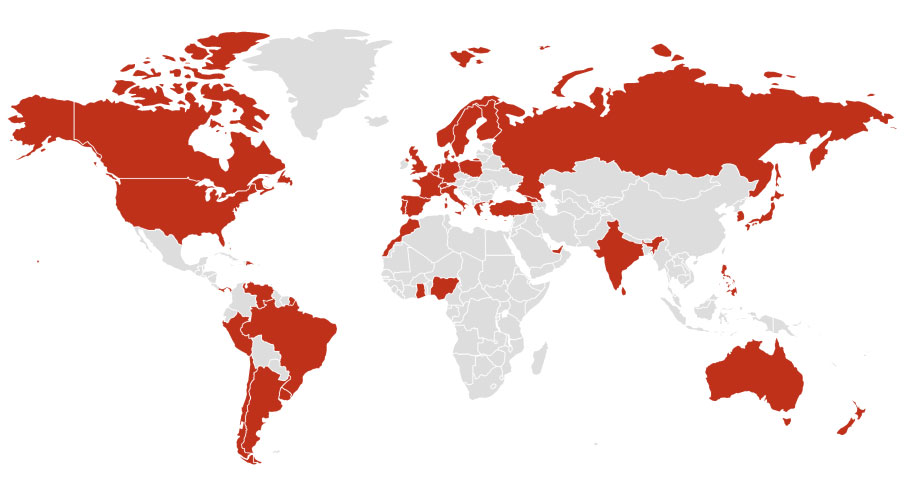Impact of Covid-19 on women in maritime
WISTA International (Women’s International Shipping and Trading Association) and the researchers from the Espirito Santo Federal University in Brazil (UFES) ran a survey focused on the impact of the COVID pandemic on women in maritime based on work, family and community life of WISTA members. According to the findings, 61.51% of the participants feel that women showed leadership during the pandemic crisis at work or in their communities. A further key finding was that for the majority of the group (54.81%), domestic activities increased after the start of the pandemic.
Participants’ characteristics in numbers:
-
239 participants worldwide
-
The average age of respondents is 44
-
Industry experience on average 18 years
-
9 races/ethnic groups
The survey, conducted by Priscilla de Oliveira Martins and Alexsandro De Andrade from the UFES, was completed by 239 participants from around the world, including Europe (128), North America (43), South America (25), Asia (22), Central America (9), Oceania (9) and Africa (3). The majority of respondents are from the USA (43), followed by Greece (33), Norway (25), France (19), Netherlands (18), Sweden (11), Australia (9) and others (81).
Psychosocial indicators analysis considered by researchers in the survey were:
work-family conflict, life satisfaction, work engagement, psychological capital and community engagement.
The research showed that most of the respondents, 61.51%, feel that women exhibited leadership at work or in their communities during the pandemic crisis. Also, for the majority of participants (54.81%) in the group, domestic activities increased after the start of the COVID pandemic, with a family member or a part-time person hired to do the household activities. On the other hand, 42.68% said they had experienced no change and only 2.51% felt that domestic activities had decreased.
Participants’ ranged from 23 to 68 years old, with an average age being 44. The race or ethnic groups represented were: White (171), Latino (27), Asian (19), Black (7), African (2), Mixed (6), Greek (1), Indian (2), Turkish (1). Years worked in the maritime range between 1 to 50 years, with an average of 18 years of experience in the industry.
Working remotely with the same salary but more hours
Regarding work during the pandemic period, most survey respondents migrated to remote work with the same salary and saw no increase in responsibility. However, there was an increase in the number of working hours. Most respondents have returned to face-to-face work, but a considerable number are in hybrid work or home office.
Additionally, an interesting finding is that work-family conflict is negatively associated with flexible work culture, life satisfaction and enhanced work in the family:
-
Psychological capital and enhancement work in the family predict work engagement.
-
Enhancement of family in work predicts work disengagement.
-
Flexible work culture predicts life satisfaction.



